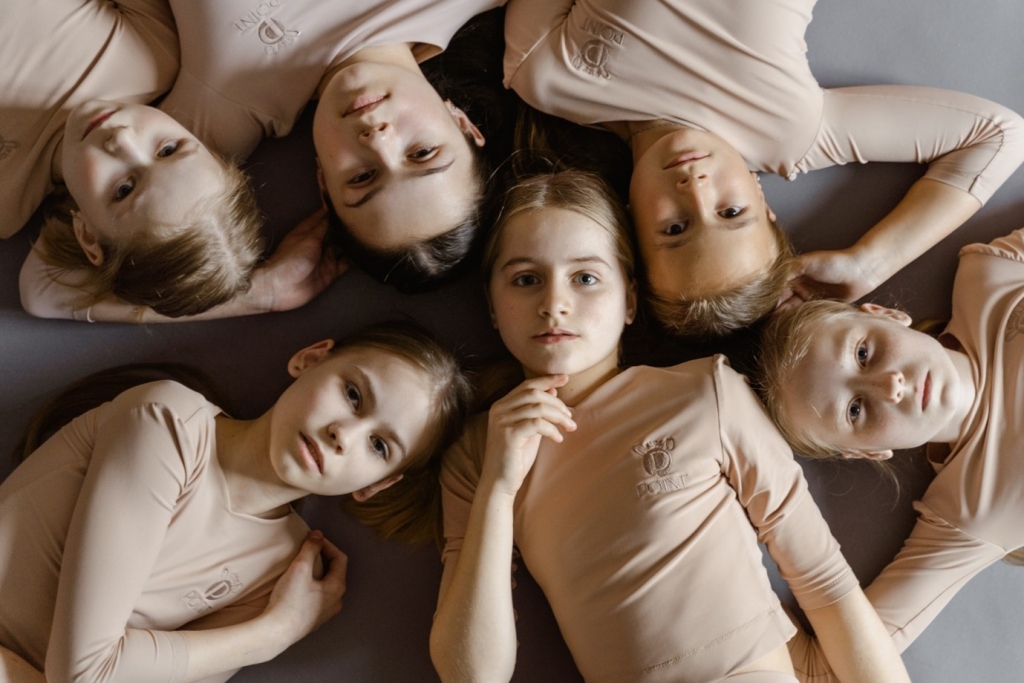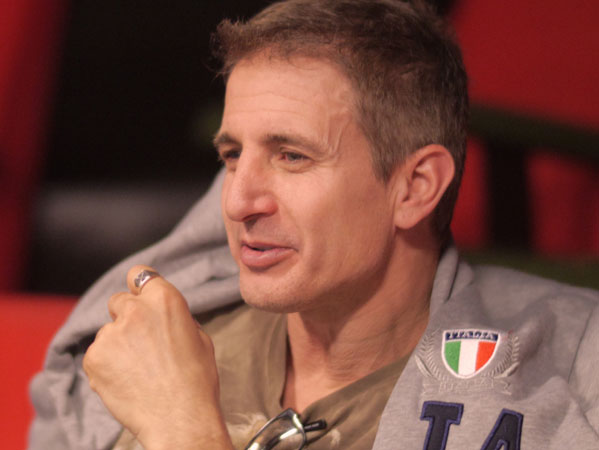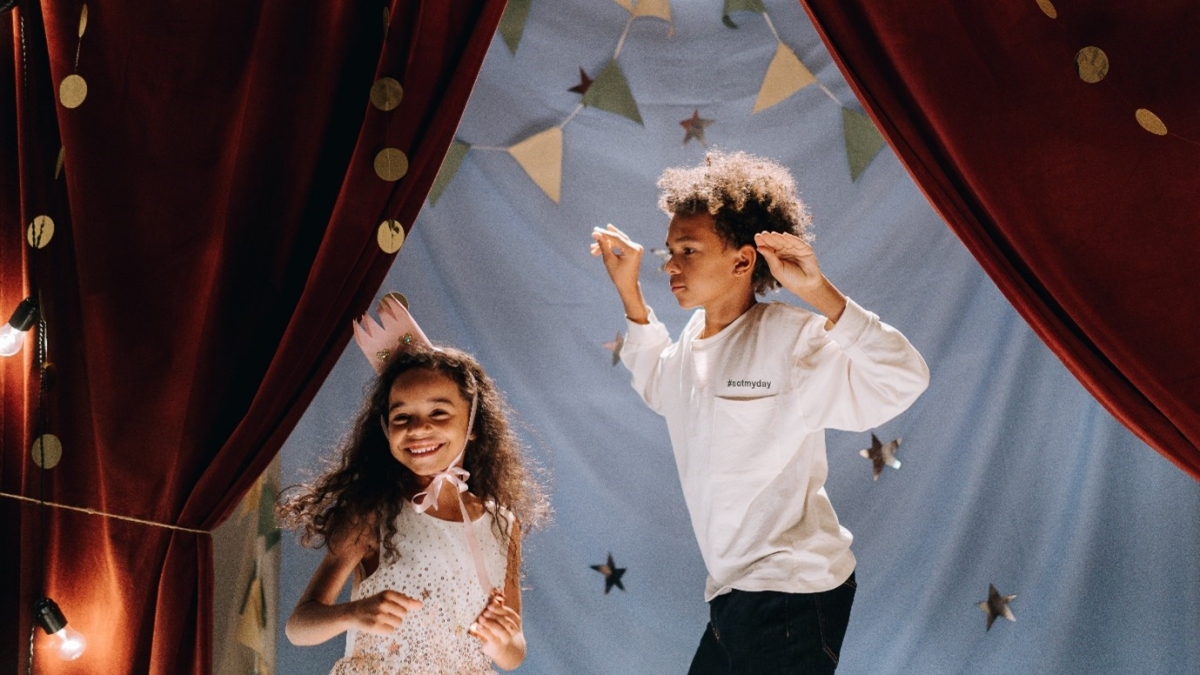What Age Can You Start Acting Classes?
Contents
ToggleDo you want your child to pursue an acting career, but have no idea where to begin or if they can qualify? Does your child love to show you their homemade dance performance, has volunteered for student films, or enjoys being in the centre of attention?
If you’ve watched your little one in a school play and thought they would be great on camera, you may want to take that next step.
How can I tell if my child should become an actor?
Your child might tell you they want to be on TV, but whether they can handle the hard work involved is another story altogether. So, how can you tell if they are ready?
– Your child is very patient and willing to learn, both in acting classes and in their acting skills.
– Your child can be well-behaved and professional around adults and other actors on and off set.
– You yourself have to be self-motivated and have time to dedicate your child’s acting career. A lot of patience and hard work goes into any acting career, and an aspiring child actor is no different.
What training does a child actor need?
Although you can study drama or the arts at university, there isn’t a linear form of training for children to become an actor; it all comes down to life experience in the most competitive industries. If you’re looking at finding the right training for your child, acting school and acting classes are your best bet to help develop key acting skills for now and the near future.
– Building a portfolio of experience. To start acting, young actors can build their acting portfolio and professional career. Acting schools, school plays, stage plays, community theatre productions, and a range of acting training.
– Participate in weekly group classes. Not only is acting class amazing for making lasting friendships in the acting business, but helps with speaking, listening, and overall social skills.
– Going to acting workshops. This can include boot camps, musical theatre, practicing being on-camera, and is typically led by industry professionals with an established acting career.
– Holiday classes. If your child wants to start acting, using the time off from the school year is one way to fast-track their acting career. Ideally, you will want a small class with a strict structure and with teachers who are working actors.
– Having a private acting coach. On top of acting classes, a coach can assist in a personalised training plan catering to your child’s unique needs. Maybe they’re a bit shy in certain areas, so a tutor can help with that extra support!

Ages 0 – 4 years
Want to start an acting career as soon as possible? Talent agencies have no age range limit, and your beautiful newborn or toddler is always an exception, even at such a young age! If your baby or young one is independent and can go long periods without crying, there’s no harm in applying for baby modelling.
Age 5 – 7 years
This is a great age group as children can read and are more likely to memorise their lines on set, and they’re more aware of their behaviour and can explore their imagination. With a young actor, feel free to practice scenes for auditions or acting games at home.
Ages 8 – 11 years
Do you remember Home Alone? This age group is very sought after by casting directors as these child actors are disciplined enough to work long hours, have better English skills to comprehend scripts, and are well-rounded.
Ages 12-15
Of course, you can start acting at this age! In show business, the 12-15-year-old age range is still great for commercials, TV, and film. Even if your child is lacking confidence in their acting career due to puberty hitting, the casting directors will appreciate self-tapes, professional headshots, natural talent, and the ability to gain experience.
Ages 16-18
Teen actors can still become an actor in the industry, there is never an age limit in a drama club! Although there are working restrictions on set, there are still many opportunities to apply for university programs such as the creative arts in the future.
Stand Out.
Check our term dates, and enrol in classes today.
What does a casting director look for in child actors?
– Professionalism. Fun and games are encouraged from time to time, but a child actor needs to be professional enough to handle audition materials.
– Personality and acting natural. Don’t be afraid to let your child be themselves on set.
– Multi-skilled. If a child actor can sing as well as act, casting directors will favour that a lot more.
– Training. Acting class and gaining experience with an acting coach is essential to become an actor.

How do I find auditions and casting calls for kids?
To start acting and to become an actor, you’ll want to research potential agents and start preparing to put the marketing work in for your child actor.
– Put together a talent profile/resume. It is quite common that a child does not have extensive acting experience and therefore a child’s acting resume does not have to be too complex! Look to include items like;
- Name, age and height
- Professional headshots
- Any acting credits and experience they may have
- Video material
- Special skills such as sporting skills, martial arts, instruments etc.
- Even including hobbies can sometimes be useful!
– Look at online casting sites and submit to casting calls for child actors. Filter by age, location, and desired industry such as local theatre.
– Acquire audition materials. Choose a scene that speaks to your child, one that is well-written, understand who you’re auditioning for, and keep it under two pages long!
Work with a team of dedicated professionals committed to your growth and success, contact The Actors Pulse acting school in Sydney to enquire about acting courses today.

Billy Milionis is one of the few Australians to have ever studied under the legendary master teacher, the late Sanford Meisner. Billy has also studied story structure and scene analysis techniques with John Truby and later at UCLA. He has also spent several years doing improvisation in Hollywood with the L.A. Connection. In addition, he trained in the technique of Stella Adler, Practical Aesthetics and Lee Strasberg’s method.




